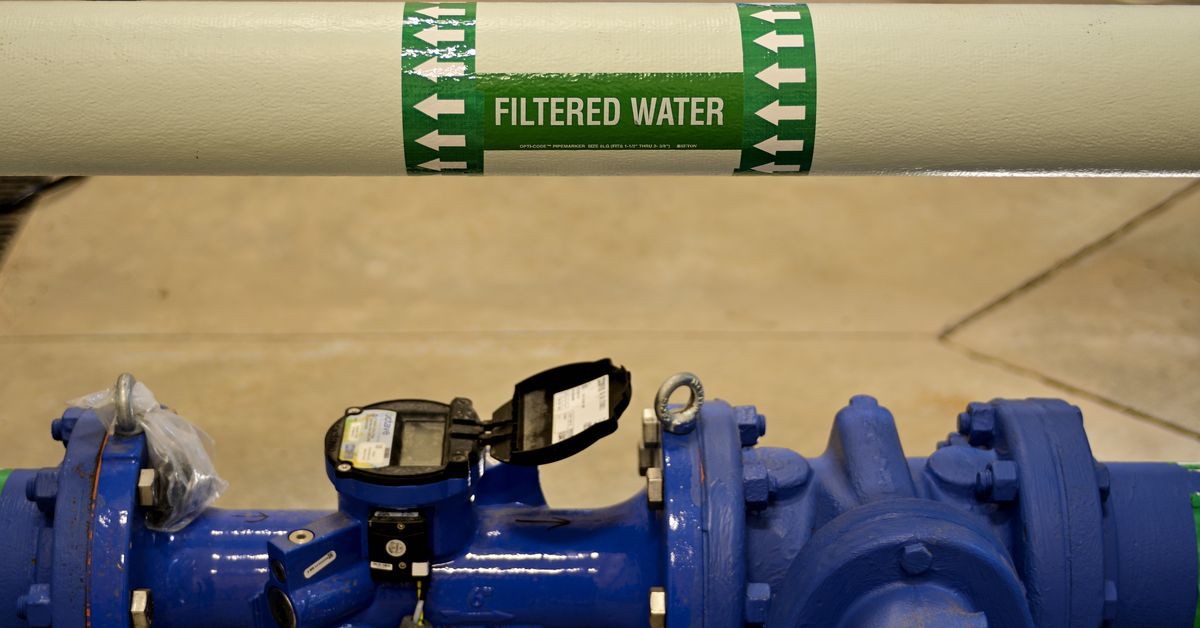The Environmental Protection Agency (EPA) has finalized rules for the amount of certain “forever chemicals” allowed in drinking water. This is the first time the US has placed legally enforceable federal limits on per- and polyfluoroalkyl substances (PFAS), chemicals so ubiquitous that they’ve likely already made their way into most Americans’ bloodstreams.
Environmental and health advocates have pushed the EPA to place limits on PFAS in drinking water for years
The drinking water standards finalized today set limits for just five widely used types of forever chemicals: PFOA, PFOS, PFNA, PFHxS, and HFPO-DA (also known as “GenX Chemicals”), plus mixtures of several chemicals, including perfluorobutane sulfonic acid (PFBS) found in floor wax, carpeting, and carpet cleaners.
Scientists are still trying to understand how exposure to PFAS affects people. But initial studies have linked high exposure to heightened risk of certain kinds of cancer, liver damage, high cholesterol, and reproductive health issues including lower infant birth weight.
For years, environmental and health advocates have pushed the EPA to place limits on PFAS in drinking water. Manufacturers, including 3M, have faced thousands of lawsuits from consumers and states over the use of PFAS in their products. They’ve since phased out the use of certain kinds of forever chemicals, but replacements, including GenX chemicals and PFBS, have raised similar concerns as their predecessors.
Under the EPA’s new rules, public water systems will be required to test drinking water and make sure levels of of the five kinds of regulated PFAS stay below mandated thresholds. The agency estimates that up to 10 percent of the nation’s 66,000 public drinking water systems may have to treat water or find new water supplies in order to fall in line with the new standards. Public water systems will have three years to sample their water and notify the public about PFAS levels and five years to implement plans to lower the amount of forever chemicals if they run afoul of the new regulations.
In a call with reporters ahead of today’s announcement, EPA Administrator Michael Regan said, “I have to say it’s a good day for the people in this country who have long borne the impact of pollution from these forever chemicals.”

